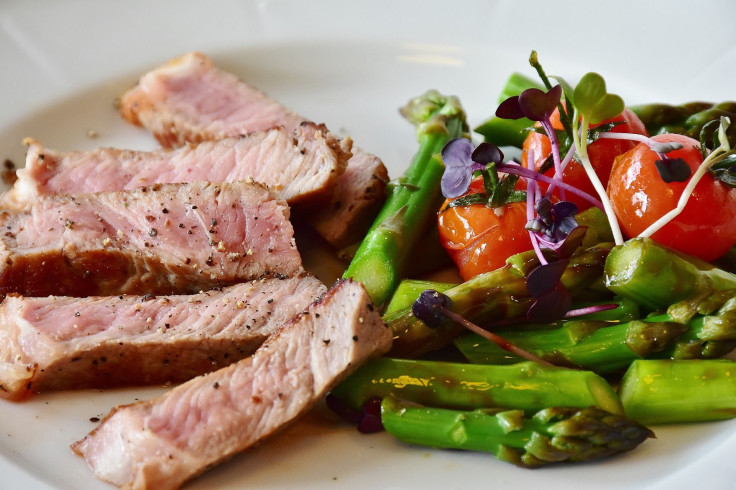Strive For A Balanced Diet: Study Says Extreme Dietary Habits Involving Carbs And Fats Affect Longevity

Amid growing concerns about health conditions, low-carb and low-fat diets have risen in popularity. But can this dietary habit help promote longevity? Findings of a new study suggest that the key to a long life is a balanced diet, and it is reportedly better than putting one's body through extreme diets involving carbs and fats.
Researchers from Nagoya University Graduate School of Medicine in Japan found that a reduced intake of carbohydrates in men and an elevated intake of carbohydrates in women can both heighten the risk of all-cause and cancer-related mortality. Regarding fat consumption, the researchers found that women who consume higher levels of dietary fat have a reduced risk of mortality from any cause.
The findings of the study were published in the Journal of Nutrition.
The researchers looked into the link between carbohydrate and fat intake and the risk of mortality using a follow-up survey involving 34,893 men and 46,440 women over a period of nine years. The participants were between the ages of 35 and 69.
With the help of food frequency questionnaires, the research team estimated the participants' intake of carbohydrates, fat and total energy. The participants' all-cause and cause-specific mortality were then estimated in connection with food quality.
The researchers found that men who received less than 40% of their total energy from carbohydrates have significantly higher risks of all-cause and cancer-related mortality. The association was the same for both refined and minimally processed carbohydrates.
Men who received more than 35% of their total energy from fats were at a higher risk of cancer-related mortality. The study also found that a low intake of unsaturated fat in men increased the risk of all-cause and cancer-related mortality.
In women, carbohydrate intake of more than 65% of their total energy was associated with a higher risk of all-cause mortality. However, there was no clear association between refined or minimally processed carbohydrate intake and the risk of mortality.
The study found an inverse association between fat intake in women and the risk of all-cause and cancer-related mortality. The findings suggest that high fat intake is not detrimental to longevity in women.
"The finding that saturated fat intake was inversely associated with the risk of mortality only in women might partially explain the differences in the associations between the sexes," Dr. Takashi Tamura, who led the study, said in a news release.
"Alternatively, components other than fat in the food sources of fat may be responsible for the observed inverse association between fat intake and mortality in women," Tamura added.



























